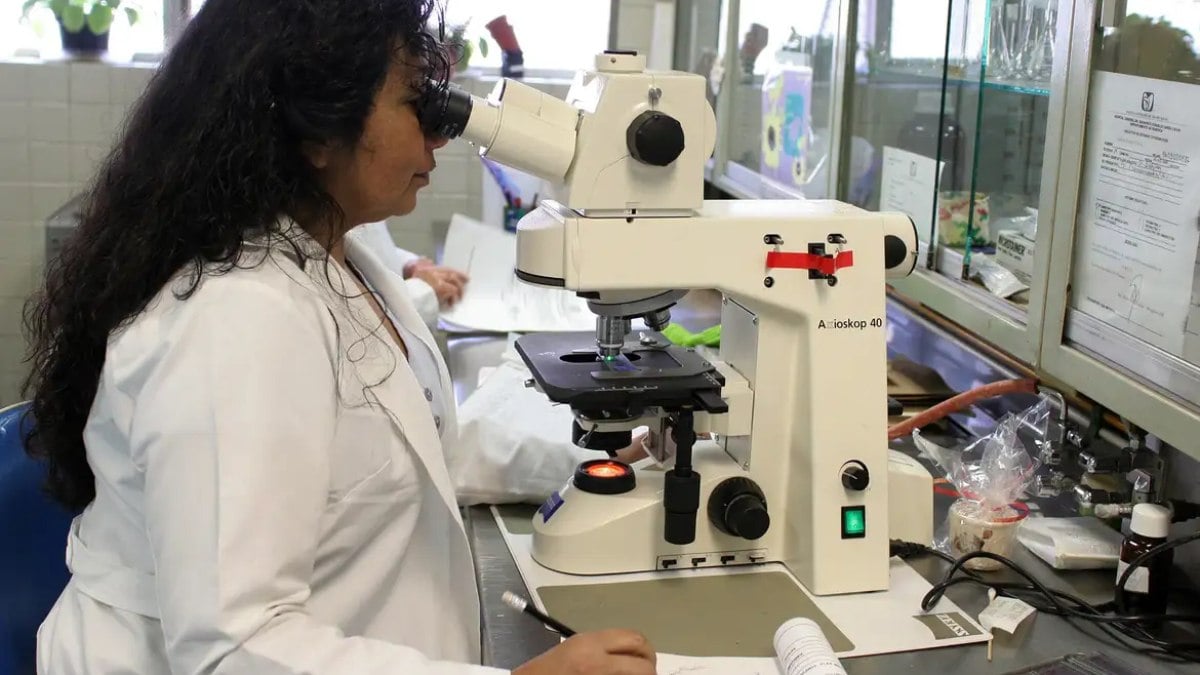Brazilian Science: Female participation grows by 29% in 20 years, but declines with career advancement
The participation of women as authors of scientific publications in Brazil has increased by 29% in the past 20 years. This information comes from the Elsevier-Bori report entitled “Towards gender equality in research in Brazil”, which was released on Friday (8).
According to the study, in 2022, 49% of Brazilian scientific production included at least one woman among its authors. Currently, Brazil ranks third among the countries with the highest female participation in science, among the countries analyzed (18 countries plus the European Union), behind only Argentina and Portugal, which record, respectively, 52% of scientific publications by female authors. .
From 2018 to 2022, women with up to five years of professional careers accounted for 51% of authorship or co-authorship in scientific publications, while among researchers with more than 21 years of professional careers, this female participation decreased to 36%. .
The report provides a survey of the number of male and female authors who contributed to scientific publications between 2002 and 2022, using the Scopus database.
– Disparity in areas of knowledge
Women's participation in scientific production in fields related to science, technology, engineering, and medicine (STEM) has increased from 35% in 2002 to 45% in 2022. However, the report indicates a slowdown in the growth rate of women's participation in these fields since 2009. -2010 compared to growth Total for all fields combined.
There are still differences in women's participation in various fields of knowledge. According to the report’s data, female participation from 2018 to 2022 exceeds 60% in fields such as nursing (80%), pharmacy, toxicology and pharmacology (62%), and psychology (61%), while it remains less than 30% in fields such as mathematics ( 19%), Computer Science (21%), Engineering (24%).
In nursing and psychology, there was a 3.4 and 3.1 percentage point decrease, respectively, in the presence of female authors over a decade, indicating a greater balance between men and women in publications. On the other hand, the fields of economics, econometrics, finance, business, management, accounting, environmental and veterinary sciences recorded the greatest growth in the number of publications in this period, with an increase of 9.2 percentage points (economics), and 8.0 percent. 1 point (commerce), 6.6 percentage points (environmental sciences), 6.0 percentage points (veterinary medicine).
“The issue of gender equality in research in Brazil is multifactorial. As scientists advance in their careers, it poses many challenges, and often there is no institutional support to deal with these demands. One of them is motherhood: female graduate fellows have the same amount of time as Male colleagues enjoy it to deliver their projects, but they often take on several roles: they are mothers, wives, scientists, in charge of the household, etc. How do we balance all these demands?,” comments Fernanda Gusmão, Director of Research Solutions for Latin America at Elsevier.
“I also think that women have not been encouraged to reach senior positions in science, nor has it been possible,” he adds, adding that this view has only begun to change recently.
“The Ministry of Economy and Trade recently formed a working group to conduct technical studies related to the national policy for continuing maternity in higher education institutions. He adds: “I think these are initiatives in the right direction.”
“In recent years, many universities have created initiatives to support and encourage female scientists in moments such as motherhood. I believe that these measures will contribute to accelerating the achievement of equality in different fields of knowledge,” he concluded.

“Wannabe internet buff. Future teen idol. Hardcore zombie guru. Gamer. Avid creator. Entrepreneur. Bacon ninja.”

